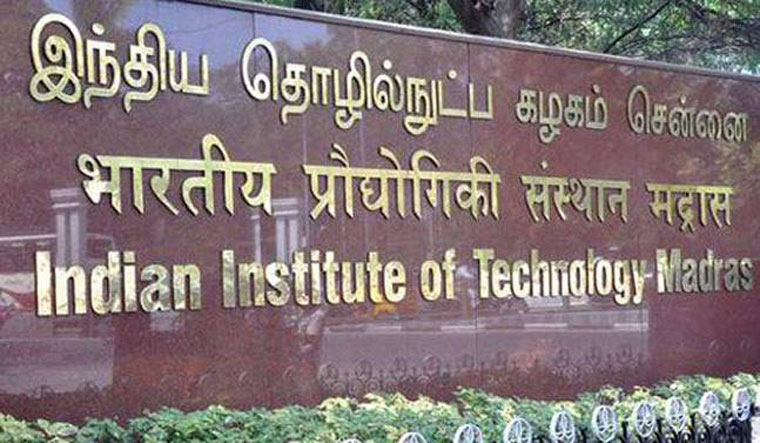Scientists at IIT-Madras have developed an easy-to-use screening device for reliable assessment of blood vessel health. The device which has already been extensively field-tested on more than 5,000 human subjects can provide early warnings for future cardiovascular diseases.
Designed in a way to be used in routine medical examination by non-experts, to assess and predict vascular health, the technology already has five utility patents in the US, European Union, and India, 10 design patents and awaits awarding of 28 patents in various jurisdictions.
Called 'Artsens', the device is designed in such a way that it can be used in routine medical examinations by even non-experts, to assess and predict vascular health. Powered by a proprietary non-imaging probe and an intelligent computing platform, the device has been developed by researchers at the Healthcare Technology Innovation Centre IIT-Madras.
The product which is ready for technology transfer and commercialisation after extensive testing can conduct over a million vascular screenings per year, according to the research team which developed it at IIT-Madras. The technology and field results of this device have already been published in over 100 scientific peer-reviewed publications and the latest research paper was published in the Journal of Hypertension.
Artsens simultaneously checks for arterial stiffness and central blood pressure. The device comprises pressure cuffs to be affixed at the upper arm and thighs and a probe applied to the surface of the neck to detect the carotid artery. It measures carotid arterial stiffness, aortic pulse wave velocity and central blood pressure, all three being important markers of cardiovascular health.
“Reliable assessment of vascular health requires a measurement to be performed directly on the blood vessel walls and not on the skin surface. Our Artsens device can assess the effect of molecular and protein level changes in the vessel wall caused due to disease and ageing, by measuring the material property in a completely non-invasive and accurate manner,” said Dr Jayaraj Joseph, Assistant Professor, Department of Electrical Engineering, IIT-Madras.



